

2019-07-23 09:22:00 Tue ET
technology antitrust competition bilateral trade free trade fair trade trade agreement trade surplus trade deficit multilateralism neoliberalism world trade organization regulation public utility current account compliance
Harvard economic platform researcher Dipayan Ghosh proposes some alternative solutions to breaking up tech titans such as Facebook, Google, Apple, and Amazon. As Ghosh suggests, breaking up tech titans would only serve to punish innovative tech enterprises that have already created tremendous economic value. The major tech titans have become quasi-monopolies that necessitate a novel and stringent set of *utility regulations* for better privacy protection and personal data usage. In fact, these regulations should obstruct the capitalistic overreaches of tech titans in order to protect the public against economic exploitation. Facebook, Google, Apple, and Amazon reap substantive mercenary gains from their network services when more people use these services.
Their current infrastructure makes it extraordinarily difficult for new entrants to offer competitive levels of consumer utility. The tech titans extract consumer currency on the basis of personal data and attention. Moreover, these tech pioneers extract consumer currency on one side of the platform, and then exchange such currency for monetary revenue at high margins on the other side of the same platform. This subtle but corrosive form of economic exploitation seems objectionable to Justice Department, Federal Trade Commission, and European Commission. Ghosh thus advocates an alternative case for utility regulations in lieu of breaking up the tech titans such as Facebook, Google, Apple, and Amazon.
If any of our AYA Analytica financial health memos (FHM), blog posts, ebooks, newsletters, and notifications etc, or any other form of online content curation, involves potential copyright concerns, please feel free to contact us at service@ayafintech.network so that we can remove relevant content in response to any such request within a reasonable time frame.
2023-08-14 09:25:00 Monday ET
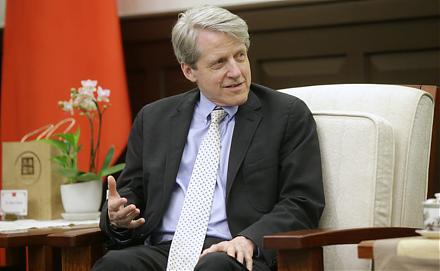
Peter Isard analyzes the proper economic policy reforms and root causes of global financial crises of the 1990s and 2008-2009. Peter Isard (2005) &nbs
2019-06-09 11:29:00 Sunday ET

St Louis Federal Reserve President James Bullard indicates that his ideal baseline scenario remains a mutually beneficial China-U.S. trade deal. Bullard ind
2025-05-29 08:25:28 Thursday ET
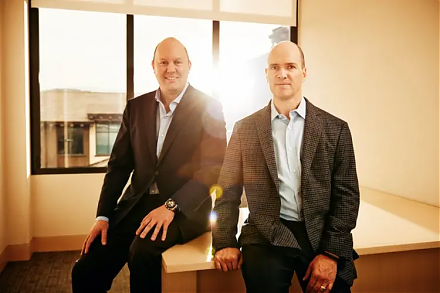
Serial venture capitalist Ben Horowitz describes many hard truths, lessons, and insights from his entrepreneurial journey of running LoudCloud from a Silico
2017-06-27 05:40:00 Tuesday ET
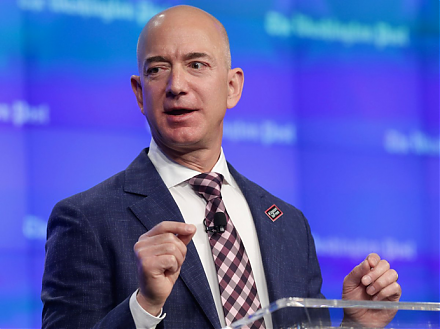
These famous quotes of self-made billionaires are inspirational words of wisdom on financial management, innovation, and entrepreneurship. For financial
2018-05-01 11:38:00 Tuesday ET
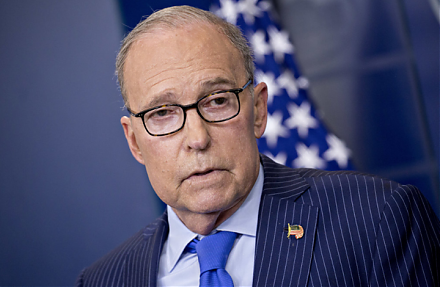
America and China play the game of chicken over trade and technology, whereas, most market observers and economic media commentators hope the Trump team to
2018-08-15 14:40:00 Wednesday ET
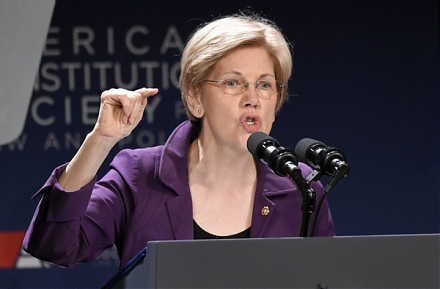
Senator Elizabeth Warren advocates the alternative view that most U.S. trade deals serve corporate interests over workers, customers, and suppliers etc. She